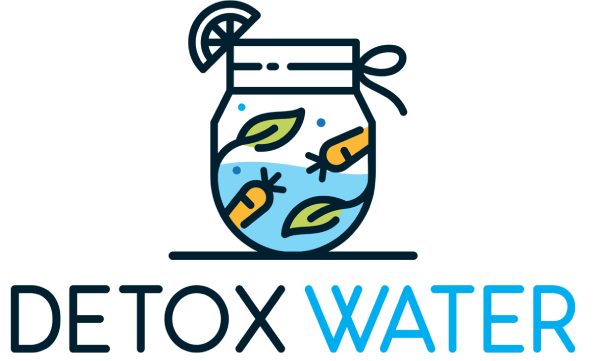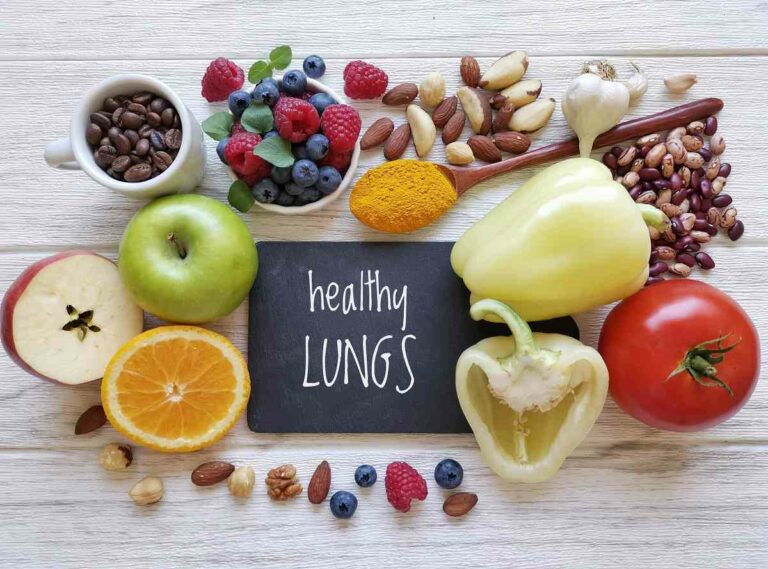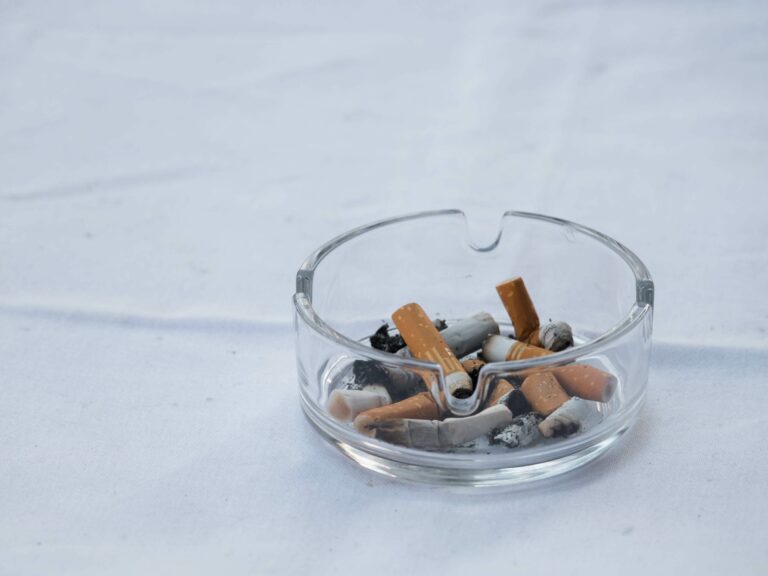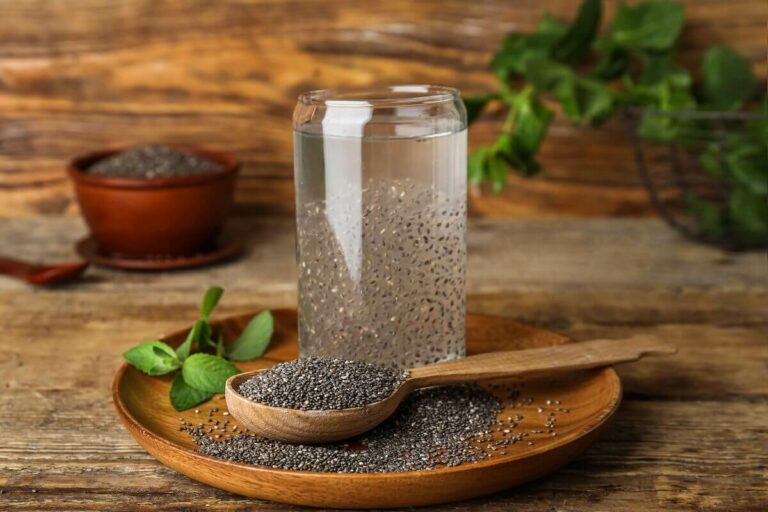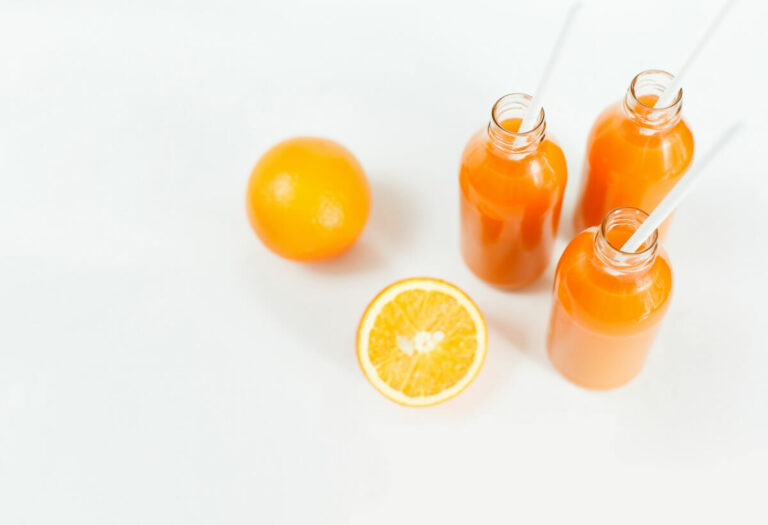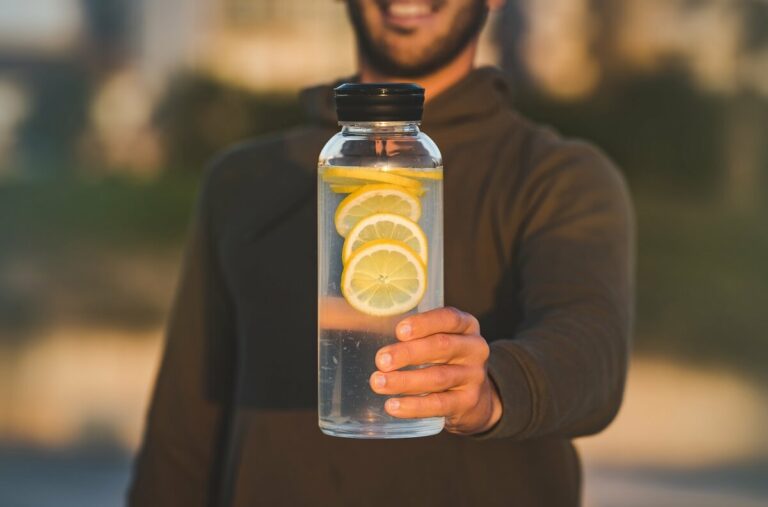Best Detox Cleanse: A Review of the Top Detox Programs
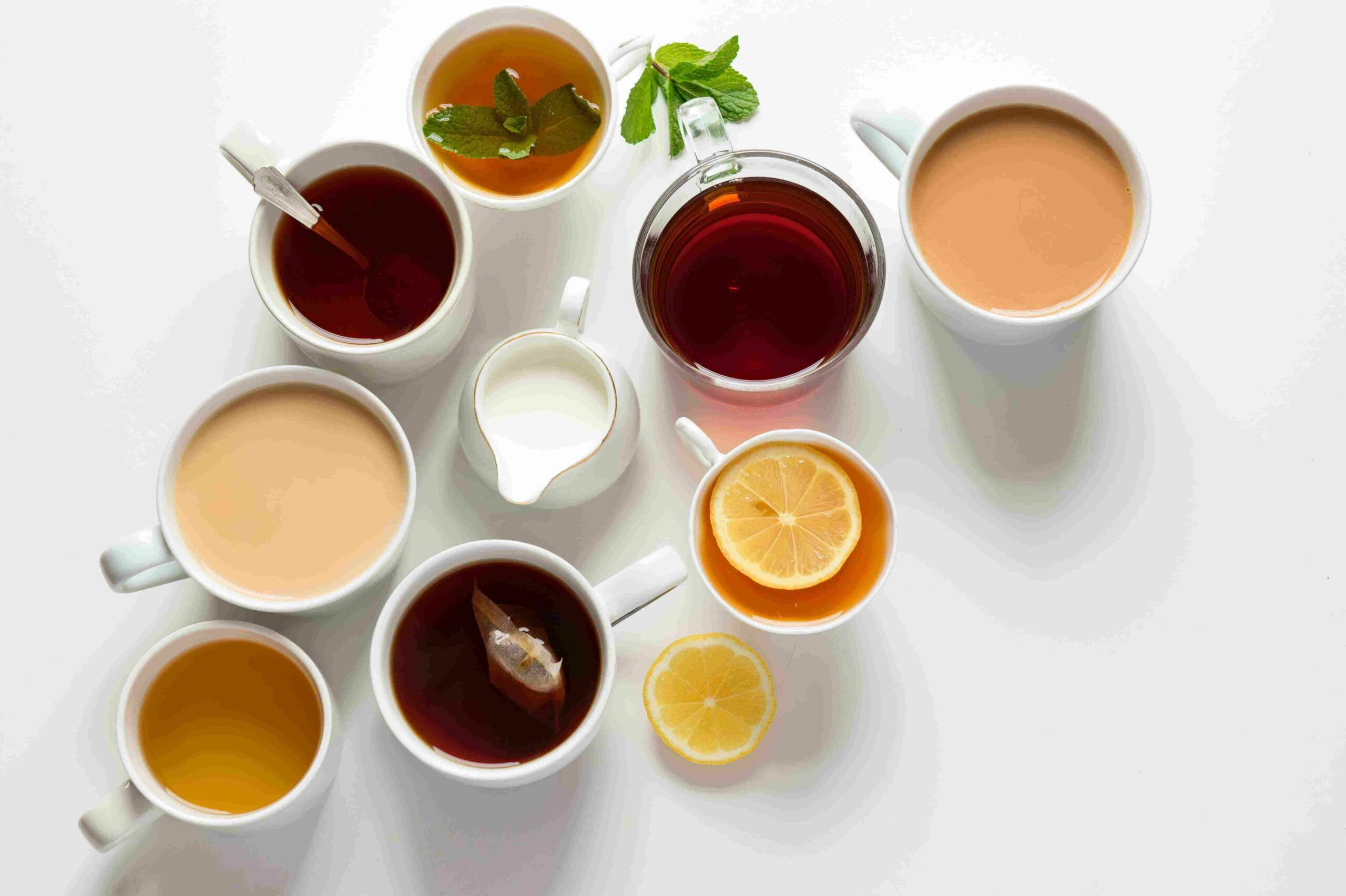
In the search for wellness and vitality, it’s not uncommon to find yourself curious about detox cleanses or detox diets.
Detoxification comes in many forms, from sipping freshly-squeezed juices and herbal infusions to adopting rigorous fasting routines.
These cleanse come with the claim of making your body do a hard reboot using specific foods and drinks. But what does the scientific world say about them?
In this article, we’ll spotlight the most favored detox plans. Let’s dive in and find out which one is the best detox cleanse for you to try out.
Contents
Juice Cleanses
A juice cleanse typically involves the consumption of juices from fruits and vegetables and excluding all other food types for a set period, usually lasting between a few days to several weeks.
The concept is based on the idea that replacing solid foods with juices allows your digestive system to rest, promoting detoxification processes.
Juices are often rich in vitamins, minerals, and phytonutrients, providing your body with essential nutrients.
However, fiber is often lost in the juicing process, which is crucial in maintaining a healthy gut microbiome and supporting the body’s natural detoxification processes and digestion.
Recommended Read: 3 Day Detox Cleanse
Scientific Evidence and Critiques
While some individuals report feeling lighter and more energetic during and after juice cleanses, it’s important to note that there are few scientific studies to substantiate these claims.
While juice cleanses might lead to temporary weight loss, often due to a reduced caloric intake, it’s mostly water weight rather than fat loss and tends to return once a regular diet is resumed.
This can also lead to fluctuations in blood sugar control, which can be problematic, especially for people with diabetes.
Moreover, juice might be deficient in vital nutrients, notably protein, necessary for maintaining healthy muscles and other bodily functions. This lack of protein can lead to muscle loss if the cleanse is extended.
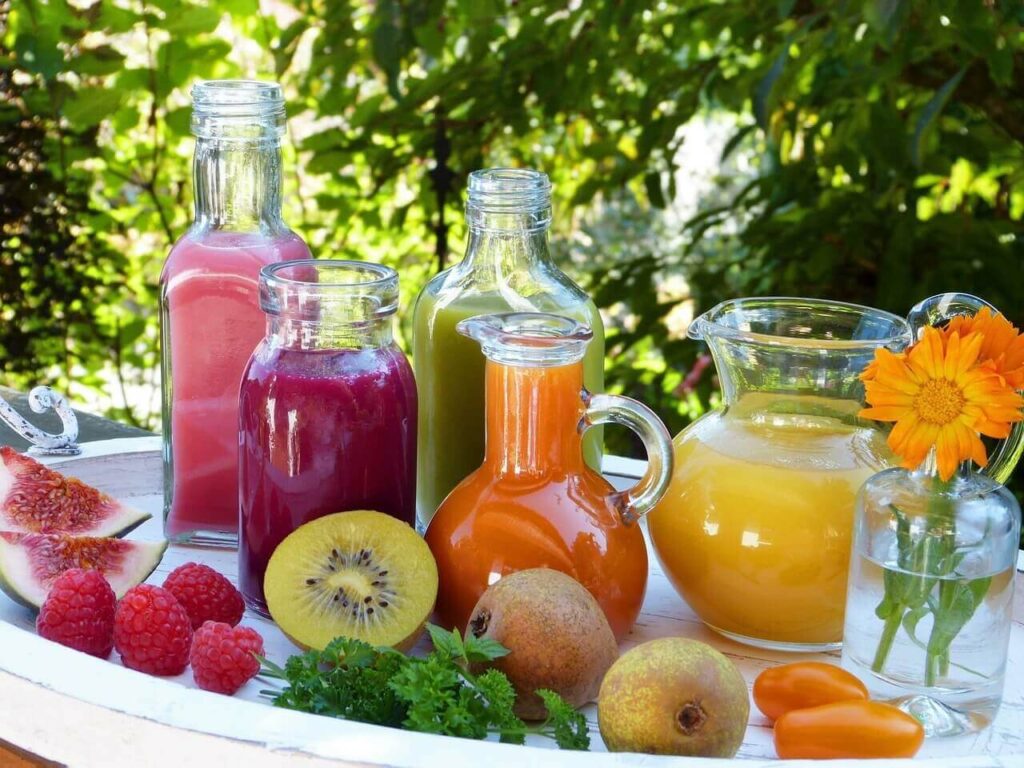
Pros and Cons of Juice Cleanses
Pros:
- High in vitamins and minerals.
- Can increase daily intake of fruits and vegetables.
Cons:
- Often low in protein and fiber.
- Potential for blood sugar fluctuations.
- Temporary weight loss is often regained after returning to a regular diet.
Colon Cleanses
The purpose of colon cleanses is to clear the colon of any stagnant, supposedly toxic waste material accumulated over time.
There are various methods of colon cleansing, from consuming special cleansing diets or supplements to colonic irrigation, which involves flushing the colon with fluids.
The thought is that the buildup of waste in your colon can lead to the absorption of toxins and a host of health issues.
Cleaning the colon supposedly removes these toxic substances and improves overall health.
Scientific Evidence and Critiques
Modern medicine largely disregards these beliefs, as the body can detoxify itself through the liver, kidneys, and colon.
The colon’s role is to extract water, salt, vitamins, and nutrients from indigestible food matter, break down food, and provide a site for beneficial gut flora.
Studies show that some colon cleansing methods, particularly those that require fasting or that use certain herbal ingredients, may even be harmful, causing side effects such as dehydration, cramping, bloating, nausea, and vomiting.
Overusing colon cleansing methods can also disrupt the balance of your gut flora, leading to a weakened immune system.
Pros and Cons of Colon Cleanses
Pros:
- It can provide temporary relief from constipation.
- It might result in quick, albeit temporary, weight loss (mainly water and waste, not fat).
Cons:
- Potential side effects include dehydration, cramping, and bloating.
- It can disrupt the balance of good bacteria in the gut, impacting immune health.
Liver Cleanses
The liver plays a crucial role in detoxifying the body by filtering the blood from the digestive tract before passing it to the rest of the body.
A liver cleanse is a method intended to purge the liver of harmful toxins.
Liver might involve a diet high in antioxidants or a juice made with specific ingredients touted to have liver-cleansing properties, like olive oil, garlic, or grapefruit.
The concept behind a liver cleanse is to improve liver function by lightening its toxic load, making it more efficient at metabolizing nutrients and eliminating waste.
Scientific Evidence and Critiques
While some ingredients commonly used in these cleanses, like milk thistle and dandelion, have been studied for their potential liver health benefits, the overall evidence for the effectiveness of liver cleanses sparse.
Medical professionals argue that there’s little to no evidence supporting the need for liver cleanses and that they might even be dangerous.
Overconsumption of certain liver cleanse supplements can potentially lead to various adverse effects.
Pros and Cons of Liver Cleanses
Pros:
- This can lead to initial weight loss due to reduced caloric intake (often regained after cleansing).
- It may kickstart healthier eating habits if followed by a balanced, nutrient-rich diet.
Cons:
- Little scientific evidence to support the need for or benefits of liver cleanses.
- Potential for nutrient deficiencies and electrolyte imbalances.
Kidney Cleanses
Kidney cleanses aim to detoxify the kidneys, which filter waste products, excess water, and other impurities from the blood.
These waste products are stored in your bladder and then expelled through urine.
A typical kidney cleanse involves consuming certain foods and fluids thought to support kidney health and detoxification, like beet juice or apple cider vinegar.
The idea is to increase urination to help the kidneys work more efficiently, essentially ‘flushing out’ the kidneys.
Scientific Evidence and Critiques
Like the liver, the kidneys naturally detoxify the body. No scientific evidence shows that a specific diet or cleanse can enhance this function.
Many healthcare professionals caution that kidney cleanses can sometimes do more harm than good, especially for individuals with kidney disease or other related health issues.
Kidney cleansing regimens often involve restricted diets or consuming large amounts of particular fruit juices, which could lead to unhealthy imbalances or deficiencies in certain nutrients and potentially cause harm.
Pros and Cons of Kidney Cleanses
Pros:
- Encourages hydration due to increased fluid intake.
- It can prompt a shift to healthier eating habits.
Cons:
- No scientific evidence to support the need for kidney cleansing.
- This can lead to nutrient imbalances, potentially harming kidney function.
Smoothie Cleanses
Smoothie cleanses involve substituting meals with nutrient-dense smoothies made from fruits, vegetables, and sometimes plant-based proteins or healthy fats. They’re often pursued over a set period, varying from days to weeks.
The idea is that when you blend fruits and vegetables, you’re mechanically breaking down the plant’s cell walls, a process usually handled by your digestive system.
This breakdown releases the nutrients within the cells, making them more readily available for absorption by your body.
Essentially, you’re giving your body a nutrient-packed solution that it can readily use rather than a solid mass. It must work to break down.
However, unlike juice cleanses, they also contain fiber, which aids digestion and can help maintain a feeling of fullness, potentially curbing hunger and aiding in weight management.
Scientific Evidence and Critiques
Smoothies might result in weight loss due to reduced caloric intake, but similar to juice cleanses, weight is often regained once a regular diet is resumed.
Moreover, critics argue that while smoothies can be nutrient-dense, they can also be high in sugar. Even though the sugar in smoothies comes from fruit and is therefore natural, it’s still sugar.
Consuming too much might be counteractive, especially if the goal is to lose weight.
However, smoothies often include protein sources such as nuts, seeds, or protein powder, which typically provide a more balanced nutrient profile than juice cleanses.
Pros and Cons of Smoothie Cleanses
Pros:
- The smoothies’ fruits and veggies contain several vitamins and minerals.
- The fiber from the fruits can be good for your gut health.
- Typically include protein, which can help prevent muscle loss.
Cons:
- Drinking only smoothies throughout the day may lead to short-term weight loss, which will regain when you switch to your regular diet.
- The sugar intake will be increased, which could lead to several health risks, such as type 2 diabetes.
Tea Cleanses
Tea cleanses often involve drinking certain types of herbal tea, typically for a few days to several weeks. The specific teas chosen often depend on the particular goals of the cleanse.
Tea cleanses operate on the principle of providing beneficial plant compounds that can support various body functions, including detoxification.
Many herbs used in these teas, such as dandelion or milk thistle, are believed to support liver health, while others, like ginger or peppermint, are thought to aid digestion.
Scientific Evidence and Critiques
Scientific data backing up the effectiveness of tea cleanses for purifying the body or shedding pounds is somewhat scarce.
Take green tea, for instance; it’s commonly linked to improved metabolic health courtesy of its abundant antioxidants. However, its influence on weight reduction is usually slight and fluctuates from person to person.
Some detox teas carry herbs like senna, a naturally occurring laxative. This can potentially provoke disruptions in bowel movements and can be detrimental if overused.
It’s also worth mentioning that any weight lost via these teas is typically due to water loss. As such, the weight often bounces back once we return to our regular eating routines.
Pros and Cons of Tea Cleanses
Pros:
- Certain teas, like green tea, have some health benefits, such as providing antioxidants.
- It can increase fluid intake and hydration.
Cons:
- Limited evidence to support detoxification or significant weight loss claims.
- Potential bowel disturbances due to natural laxatives in some detox teas.
Broth-Based Cleanses
A detox based on broths means drinking nothing but drinks filled with nutrients derived from either bone, a variety of vegetables, or a combination of both.
The idea behind drinking broths is that the nutrients within are primed for absorption. They don’t require as much effort to break down as solid food, making it much simpler for your digestive system to process.
The theory goes that this eases the burden on your digestive system, providing it with a well-deserved ‘siesta’ while ensuring your body receives the critical nutrients it needs to function optimally.
Scientific Evidence and Critiques
Like tea-based classes, the veracity of the claims that broth-based detoxes can cleanse your body is backed by minimal scientific proof.
Bone broth brings a wealth of nourishment, including collagen, amino acids, and minerals. However, you can equally source these nutrients from a well-rounded, balanced diet.
An important point to remember is the short-term nature of weight loss associated with these detoxes. The sudden drop in weight usually comes from a significant cutback in calories and a reduction in water weight, which you will gain back when you start eating like you usually did.
Pros and Cons of Broth-Based Cleanses
Pros:
- Broths can provide beneficial nutrients like collagen and minerals.
- It can be satiating, helping to control hunger during the cleanse period.
Cons:
- Limited scientific evidence supporting detoxification claims.
- Not a sustainable weight loss solution.
Raw Food Diet
The raw food diet is based on the belief that raw and unprocessed foods can lead to better health and well-being.
Raw foodists often consume detox foods such as fruits, vegetables, nuts, seeds, and sprouted grains, believing that heating food above 104–118°F (40–48°C) can degrade certain beneficial enzymes for our health.
Scientific Evidence and Critiques
Observational studies have reported benefits like lower cholesterol levels, lower body mass index (BMI), and higher intake of specific vitamins.
However, these studies also identify potential risks. A strict raw food diet could lead to underweight issues and vitamin B12 deficiency. Certain nutrients are also more bioavailable when foods are cooked.
Importantly, According to the Centers for Disease Control (CDC), certain foods can be harmful when consumed raw, posing a risk of foodborne illness.
Pros and Cons of the Raw Food Diet
Pros:
- Encourages the consumption of whole, unprocessed foods.
- Foods consumed are typically high in fiber and nutrients.
Cons:
- Risk of nutrient deficiencies.
- Cooking can increase the bioavailability of certain nutrients.
Alkaline Diet
The alkaline diet is based on the idea that replacing acid-forming foods with alkaline foods can improve health.
This stems from the hypothesis that modern diets cause our bodies to produce too much acid, leading to acidosis, which is harmful to our health.
An alkaline diet primarily includes fruits, nuts, legumes, and vegetables while limiting the intake of grains, dairy, meat, most processed foods, caffeine, and alcohol.
Scientific Evidence and Critiques
While some research suggests that an alkaline diet might benefit patients with chronic kidney disease (CKD), there’s currently insufficient evidence to recommend it for the general population.
It’s important to note that our bodies naturally regulate blood pH levels and that diet can’t significantly alter them.
The diet does promote the consumption of fruits and vegetables and discourages highly processed foods, which can contribute to overall health.
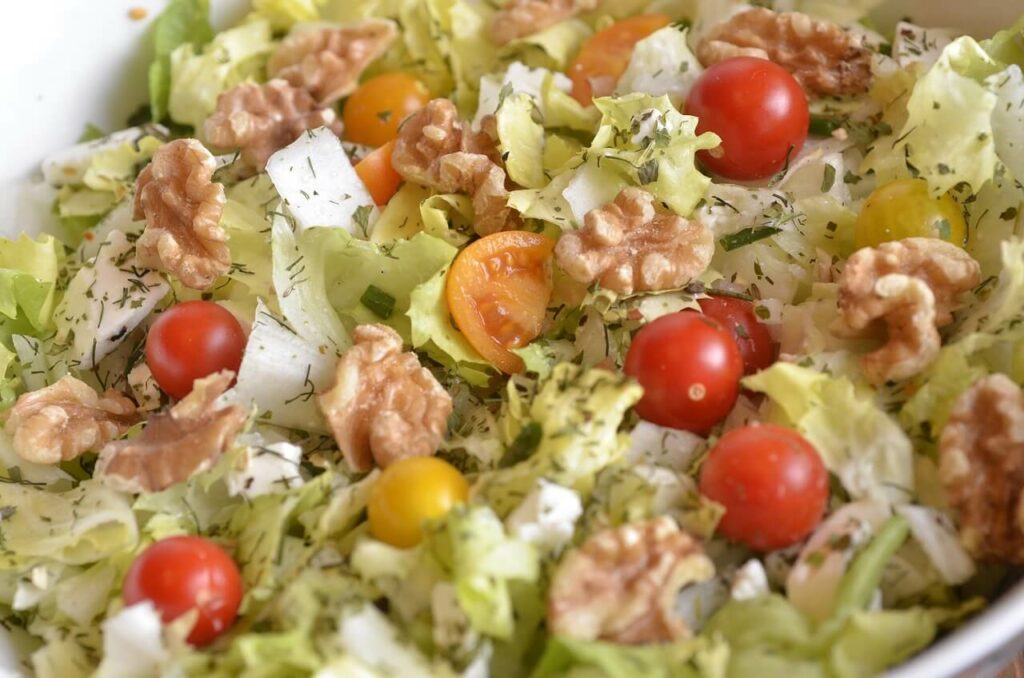
Pros and Cons of the Alkaline Diet
Pros:
- Promotes the consumption of fruits and vegetables.
- Discourages highly processed foods.
Cons:
- Insufficient evidence to support its fundamental theory.
- It may exclude certain food groups, leading to potential nutrient deficiencies.
Intermittent Fasting
Intermittent fasting is a cycle of eating and fasting periods, not specifying what to eat but when. It’s not typically a detox diet, but many people use it as such.
There are several methods of intermittent fasting, the most common ones being the 16/8 method (fasting for 16 hours a day and eating all meals within an 8-hour window) and the 5:2 method (eating normally for five days of the week and restricting calories to about 500-600 on two non-consecutive days).
Scientific Evidence and Critiques
Many research pieces have indicated that adopting an intermittent fasting routine could contribute to losing weight and improving overall health.
The concept revolves around giving your body a break from constant feeding. This pause lets it transition into a fasting mode, fine-tuning our energy processing and cellular rejuvenation mechanisms.
However, IF may not benefit everyone, especially people with particular health issues or pregnant and nursing mothers.
Pros and Cons of Intermittent Fasting
Pros:
- It may lead to weight loss and improved metabolic health.
- Flexibility allows for customization to individual lifestyles.
Cons:
- It might be challenging to sustain in the long term.
- Not suitable or beneficial for everyone.
Conclusion
Our bodies are equipped with intricate systems, like the liver, kidneys, and digestive tract, which are incredibly efficient at detoxifying and eliminating harmful substances.
The key to boosting these natural detoxification processes often lies in a healthy lifestyle rather than short-term cleanse diets.
However, if you decide to try any of these methods, you must do so responsibly, taking note of how your body responds and consulting with your doctor when necessary.
FAQ
What is the best way to detox your body quickly?
Adopting a wholesome, healthy diet is your best bet if you’re aiming for a quick detox. Fill your menu with nutrient-rich whole grains, leafy vegetables, fresh fruits, and lean proteins. Simultaneously, do your best to reduce processed foods; remember, hydration is equally important.
What is the most powerful detox?
Unfortunately, there is no evidence of anything being the “most powerful detox.” In scientific terms, it is more about having healthy habits. Minimize junk food intake, exercise regularly, and lean towards cleaner, more nutritious meals.
What is the best way to detox your body in 3 days?
A 3-day detox can involve consuming ample water, choosing nutrient-dense foods rich in fiber, avoiding processed meals and added sugars, and ensuring adequate rest. Include fruits, vegetables, lean proteins, and whole grains.
What is a good quick detox drink?
An excellent quick detox drink could be green tea. Alternatively, consider a homemade smoothie with greens like spinach or kale supplemented with fiber such as chia seeds.

Rahul is a nutritionist and personal trainer with 3+ years of experience in the field of health coaching. He specializes in nutrition science, with a keen eye for how food choices, lifestyle habits, and physical activity impact our bodies.
Education and Certifications
- Diploma in Dietetics Health and Nutrition
- ACE Certified Personal Trainer
- ISSA Certified Nutritionist
Professional Accomplishments
He has worked with clients of all ages and specialized in different areas such as diabetes and sports nutrition. He has also implemented successful nutrition and training programs leading to long-term health outcomes.
With his extensive background in nutrition and health, he has been able to successfully contribute to multiple health-related blogs and websites. Additionally, he has developed educational materials and conducted seminars on the topic of nutrition for local businesses, providing them with key insights into how they can make better nutrition decisions.
